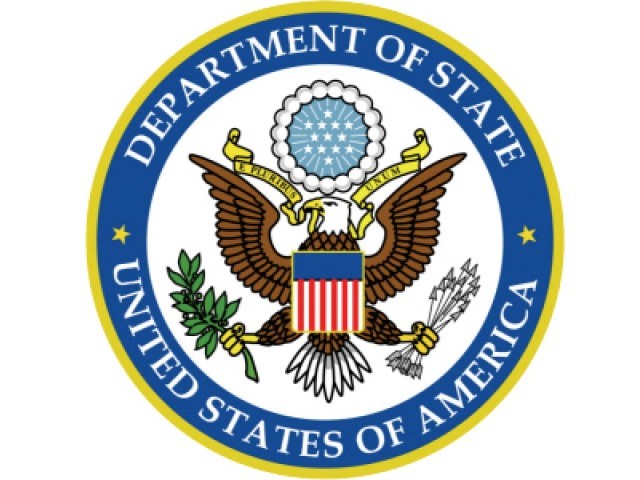
The animosity between Nigeria’s security agencies and their unwillingness to share intelligence are hampering effort at effectively combating the Boko Haram insurgency in the country’s North-east, the United States government has stated.
It stated this in the Country Report on Terrorism 2016 published by the US Department of State’s Bureau for Counterterrorism and Countering Violent Extremism.
For instance, the report said the failure of the State Security Services, SSS, which is primarily saddled with investigating cases of terrorism, to share information with the Economic and Financial Crimes Commission, EFCC, makes it hard to investigate terrorist financing.
“While the Nigerian military had primary responsibility for combating terrorism in thenortheast, several government agencies performed counterterrorism functions, including the Department of State Security (DSS), the Nigerian Police Force (NPF), and the Ministry of Justice.
“Counterterrorism activities of these agencies and ministry were ostensibly coordinated by the Office of the National Security Advisor (ONSA). The level of interagency cooperation and information sharing was limited and at times hindered overall effectiveness.”
The report also took a swipe at the EFCC and the Ministry of Justice for their apathy in prosecuting financiers of terrorists, observing that while it is political will to confiscate properties of known terrorists or their financiers, bureaucratic processes cause delay.
The report also stated that the military’s gain against Boko Haram appeared to have slowed down recently and the military has been incapable of exacting its control over recaptured territories.
“Despite gains made by the MNJTF, much of its reported progress was merely duplication of failed efforts carried over from the end of the last dry/fighting season. The Nigerian military was unable tohold and re-build civilian structures and institutions in those areas it had cleared,” it stated.







